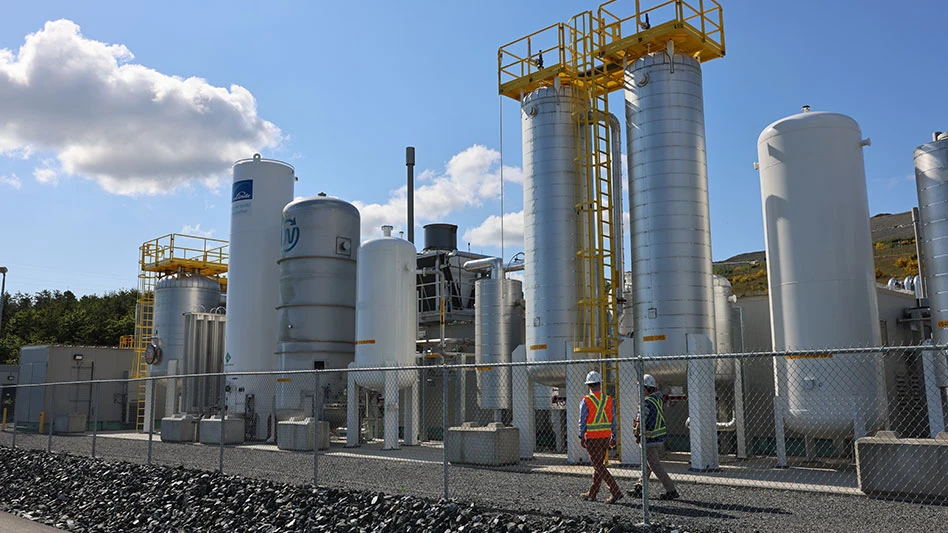
Kristina Blokhin | stock.adobe.com
The U.S. Environmental Protection Agency (EPA) and the U.S. Department of Justice (DOJ) have announced Hoffman Estates, Illinois-based environmental services provider Heritage-Crystal Clean LLC (HCC) will pay more than $1.5 million in penalties and implement compliance measures for violating regulations governing management of hazardous waste.
The settlement is a collaboration among EPA, DOJ, Louisiana Department of Environmental Quality and the state of Indiana and addresses violations at current or former HCC facilities in Indianapolis; Shreveport, Louisiana; Atlanta; Fairless Hills, Pennsylvania; and Denver.
Under the settlement, Crystal Clean commits to paying civil penalties totaling $1.16 million and to implementing various measures to ensure HCC facilities will not treat, store or dispose of parts-washing solvents that qualify as a hazardous waste without a hazardous waste permit.
“Companies that manage hazardous wastes for other companies are required to ensure that those wastes are handled properly, which Heritage Crystal Clean repeatedly failed to do,” says Assistant Administrator David M. Uhlmann for EPA’s Office of Enforcement and Compliance Assurance. “EPA is committed to fair and robust enforcement of our hazardous waste laws to ensure that our communities and the environment are protected from mismanaged hazardous wastes.”
A 21-count complaint was filed in federal district court against HCC in January 2022 under the Resource Conservation and Recovery Act (RCRA). The complaint states that, in the course of providing parts-washing services to customers throughout the United States, HCC accepted used solvent that qualified as hazardous waste and neglected to transport and manage those solvents in accordance with applicable hazardous waste management requirements.
As part of the settlement, HCC must perform compliance measures at multiple HCC facilities, implement a sampling program, apply for an RCRA permit at its Indianapolis facility and follow additional provisions. The EPA notes that nearby communities will benefit from improved controls and the implementation of new work practices to reduce emissions of volatile organic compounds (VOCs) and reduce risk of exposure to hazardous wastes.
Latest from Waste Today
- WasteExpo 2025: The opportunities and challenges of integrating AI in the waste industry
- Casella drivers honored by NWRA
- Bioenergy Devco rebrands
- Ecogensus acquires two recycling facilities
- Routeware celebrates 25 years of innovation
- Montana city approves compost facility improvements
- Willows offer a nature-based solution to reducing leachate volumes
- REI outdoors retailer hits zero waste target





